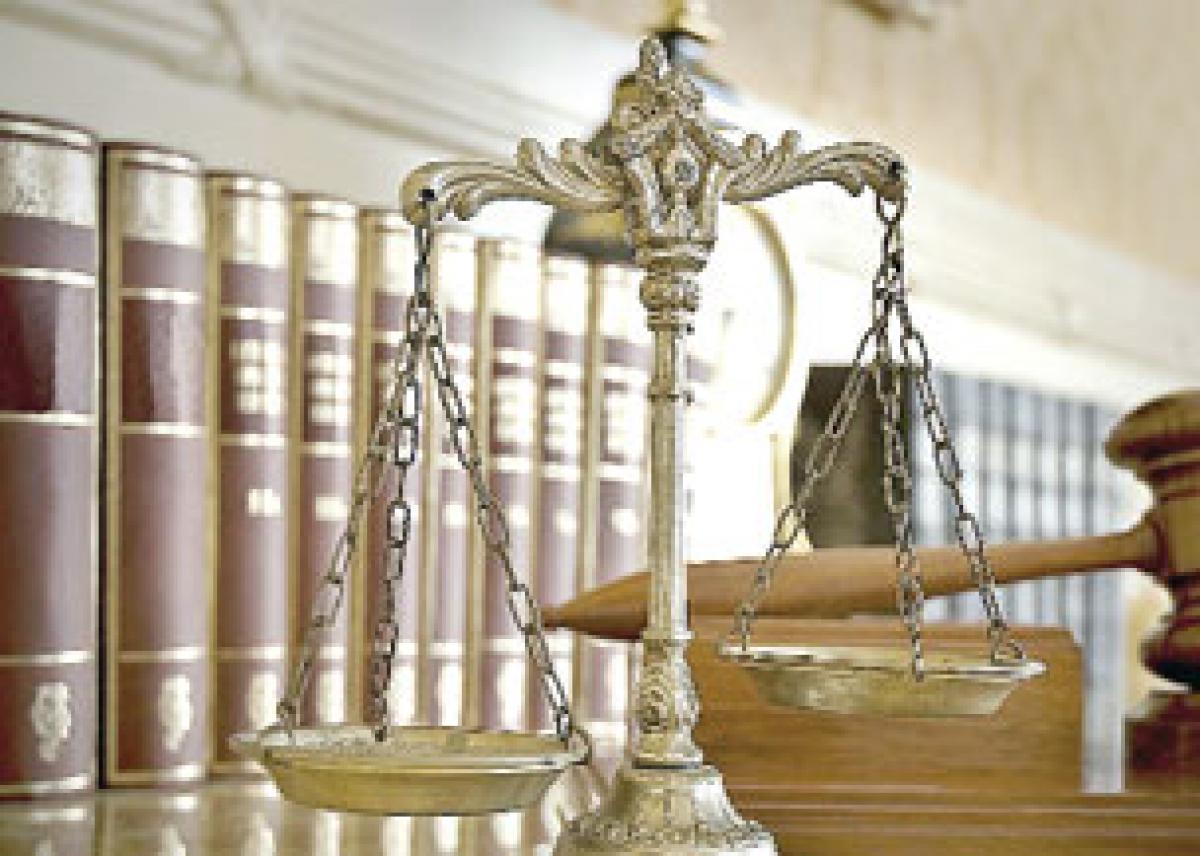SC comes to the rescue of ‘Good Samaritans’

Obviously, the arrival of the ambulance is delayed mainly due to traffic jam and the victim succumbs to his or her injuries even before the ambulance reaches the site of the accident.
In a judgement of far-reaching consequences the Supreme Court has given the final shape to the “Good Samaritans Guidelines” which would provide the much-needed protection to the passers-by and bystanders who are by chance present at the scene of a road accident and eager to render help to the victim.
As is well known, India has gained the dubious distinction as a country with the highest number of road accidents in the world. In most of the cases, though a serpentine queue of the cars is available at the site of the accident, still people wait for the ambulance to come and pick up the victim. Obviously, the arrival of the ambulance is delayed mainly due to traffic jam and the victim succumbs to his or her injuries even before the ambulance reaches the site of the accident.
There are a good number of Good Samaritans near the site of the accident but they hesitate even to touch the body of the victim; the reason: lest police would harass him for no fault of his. In order to provide legal protection to such rescuers, called, the Good Samaritans, the apex court in its judgement on March 30 in a public interest litigation, W.P (C) No. 235 of 2012 filed by Savelife Foundation & Another had put its seal of approval on the Guidelines published in the notification on May 12, 2012 and gazette publication on January 21, 2016 framed by the Ministry of Road Transport and Highways.
These guidelines as approved by the apex court have been made applicable to all the State governments and Union Territories until a similar statue is enacted by the Parliament.
Now onwards, anybody can inform the police on telephone about a road accident and the police cannot compel such an informant to give his name, address etc if the informant is not willing to provide such details. No harassment shall be caused to the informant in such a case.
Further, “the affidavit of Good Samaritan, if filed, shall be treated as complete statement by the Police official while conducting investigation. In case statement is to be recorded, complete statement shall be recorded in a single examination.”
Hope, with this categorical assurance by the highest court of the land, people would come out to render emergency help to the victims of road accidents fearlessly.
US Ferguson reform plan
One of the reasons for the overcrowding of the jails in USA and India and elsewhere also is the inability of the incarcerated person to pay the amount of fine, fees and bond money which is set by the courts as a pre-condition to get out of the jail.
The Justice Department of the US government had formed a Committee to go into this issue deeply and suggest the remedial measures. Recently, the Committee submitted what is now known as the “Ferguson Reform Plan” to the Justice Department. In turn, the Justice Department has framed the guidelines for the police and the courts as to what they should do and what they should not.
According to these guidelines, the State and local courts have an obligation to inquire about a person’s ability to pay fines and fees before jailing them for non-payment. The Supreme Court of US has repeatedly ruled that imprisoning a person because he or she is too poor to pay a fee amounts to punishing a person for his poverty and it violates equal protection under the 14th amendment.
In India, there are umpteen such cases where because of the inability to arrange the bail-bond money or fine amount the prisoners, mostly the undertrials have to rot in the jail.
The US Justice Department further said that when someone proves to be indigent and unable to pay fines in, say, a traffic case, the law requires a court to consider alternatives to imprisonment.
These could include reducing the fine, extending the time for payment, requiring that a defendant do community service, or requiring that the defendant attend public safety or community classes.
Hopefully, in India, at places like Hyderabad, Jaipur, Delhi and Ahmedabad the traffic offenders have been reformed by counselling and asking them to regulate traffic on the main busy roads, but such efforts are like a drop in the ocean.
Regardless of the charge, the US Justice Department said, the requirement of paying the fine amount before subsequent production of the fined person can have the effect of denying people the day in court which is nothing but the violation of the Constitutional guarantee of fair trial.
EU appoints 15 judges
Fifteen judges to the General Court of the Court of Justice of the European Union (EU) have been appointed by the EU member states’ governments recently.
The General Court is the court of first and last resort for the majority of decisions taken by the Commission and other EU organs in all areas where the EU holds competences.

